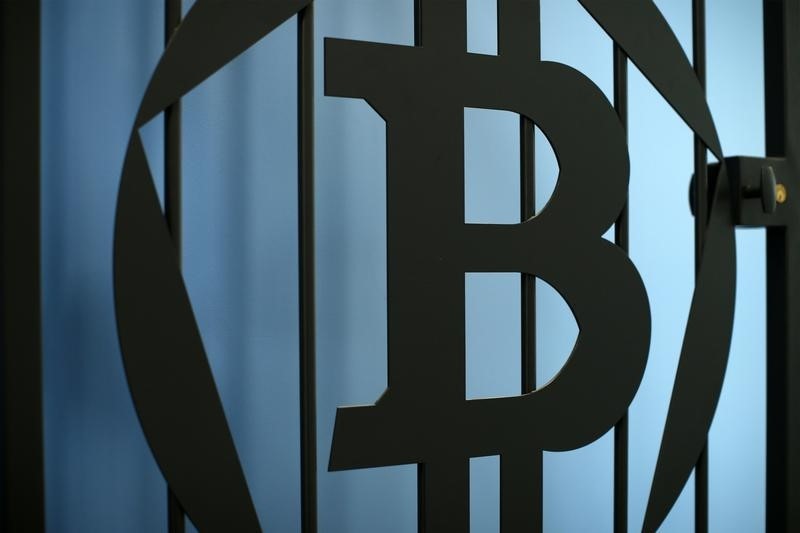Coin Edition - Failing in finance is nothing new. But banking has progressed with improved practices for a couple of hundred years, and failing to account for the progress just to remake past mistakes on a blockchain is sometimes negligent and sometimes downright criminal. When finance goes awry, it’s commonplace to blame the banks, and in crypto, things have gone about as wrong as they can.
Crypto boasts one of history’s most spectacular collapses in FTX and Alameda Research, which may have costed users as much as $8 billion in personal losses. It’s about time we hold the unregulated crypto custodians involved accountable.
Awful practices have plagued banks since their beginning. Improper account management, comingling of funds, and other custodian failures were once an unpleasant but unavoidable fact of life. They triggered multiple financial crises from the end of the 1800s to the Great Depression. The breakdown of the demarcation between banking and securities was even one of the main drivers of the 2008 financial crisis.
Despite these historical failures, there is a massive trust in banking institutions today, which is historically unheard of. This stems from banks adopting better practices and having government-imposed rules and regulations, ranging from federally insured deposited funds, banks verifying the source of funds, anti-money laundering procedures, due diligence, keeping segregated accounts, and more.
Crypto repeats traditional finance’s past mistakes and often operates as unregulated entities managing billions of dollars in global user funds. Though these companies don’t have a legal obligation yet to protect their customers with best practices, they certainly have a moral obligation and should be held to a higher standard.
When money moves illegally, what does that say about the recipient?
Media widely reported that FTX and Alameda moved $400 million in user funds during the company’s collapse, allegedly to protect it from hackers. While there are disputes about the sequence of events and whether the funds were moved improperly, the fact is that a simple look at the timeline shows something deeply troubling.
Sam Bankman-Fried (SBF), the fallen founder-hero of FTX, and Gary Wang, the Chief Technology Officer, weren’t in charge of FTX at the time, and everyone in crypto was well aware. Still, according to FTX’s bankruptcy filing, SBF initiated the transfer.
How could unauthorized ex-employees move hundreds of millions in customer funds? It’s another clear-cut example of the absence of reasonable controls in the internal processes at FTX and their custodial partners.
On the other side of the transaction was Fireblocks, a well-funded but unregulated crypto custodian that raised $550 million Series E at an $8 billion valuation at the end of 2021.
In the traditional finance world, the Bank Secrecy Act, which obligates financial institutions to assist in detecting money laundering, would have prevented FTX from moving the funds. Any regulated institution would demand information on the source of funds, the identity of senders and their business, and the identity of receivers of this money.
Fireblocks is unregulated, so it is unclear how deeply implicated they are in illegally moving funds. Regardless, failing to regulate custody providers properly may have cost FTX creditors hundreds of millions of dollars.
Crypto companies consistently demand “regulatory clarity.” This phrase is crypto code for want of a legal carte blanche to do what crypto does. As far as financial services are concerned, regulatory clarity already exists. Banks, funds, trading companies, fintech companies, and insurance companies abide by these, and it works well.
The jury is still out on the long-term viability or utility of crypto and DeFi, but if it is going to stand a chance to succeed, it needs to live up standards of reliability the public has come to expect from traditional finance. Custodians must act as fiduciaries, be transparent about their relationship with exchanges and market makers, keep client funds segregated, and maintain the highest level of security – in short, have tight controls like traditional banks.
Critics might argue that this stifles innovation and will strangle the crypto industry at the choke points.
Tell that to the victims. Imagine the FDA allowing a new food technology to sweep the market while making tens of thousands of people sick. Could the manufacturer credibly argue their technology doesn’t have regulatory clarity?
Unregulated custodians are a substantial liability to the broad adoption of crypto. Just like banking regulation was key to unleashing a flourishing western financial system, so will regulated crypto custodians be essential. Basic crypto infrastructure must be safe, trustworthy, and reliable. And until it is, investors, especially retail, will pay the price for poor security, messy operations, and a failure to regulate.
About the author: Currently heading social at European Energy, Daniel Azaria is a communications expert that has worked with dozens of tech companies, including in blockchain, AI, Medtech, AdTech, FinTech, and more. He holds a B.A. in Business Administration, M.A. in Political Science and Political Communications, and has worked for several leading regulated FX and CFD trading companies.
The post What Crypto Investors Should Know About Unregulated Custodians appeared first on Coin Edition.
